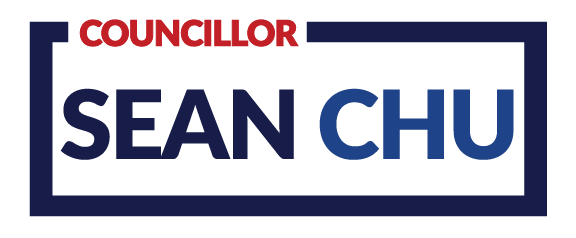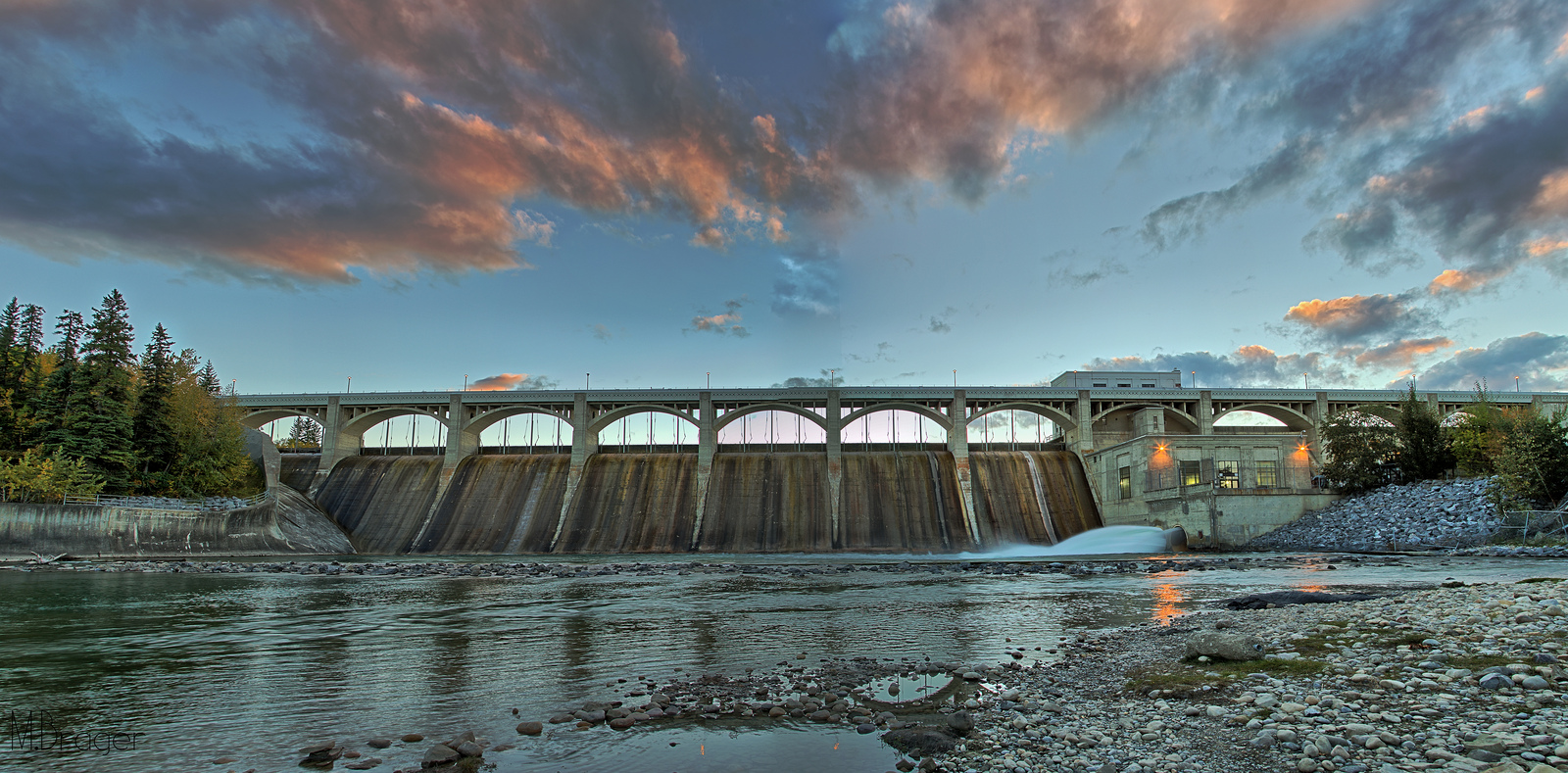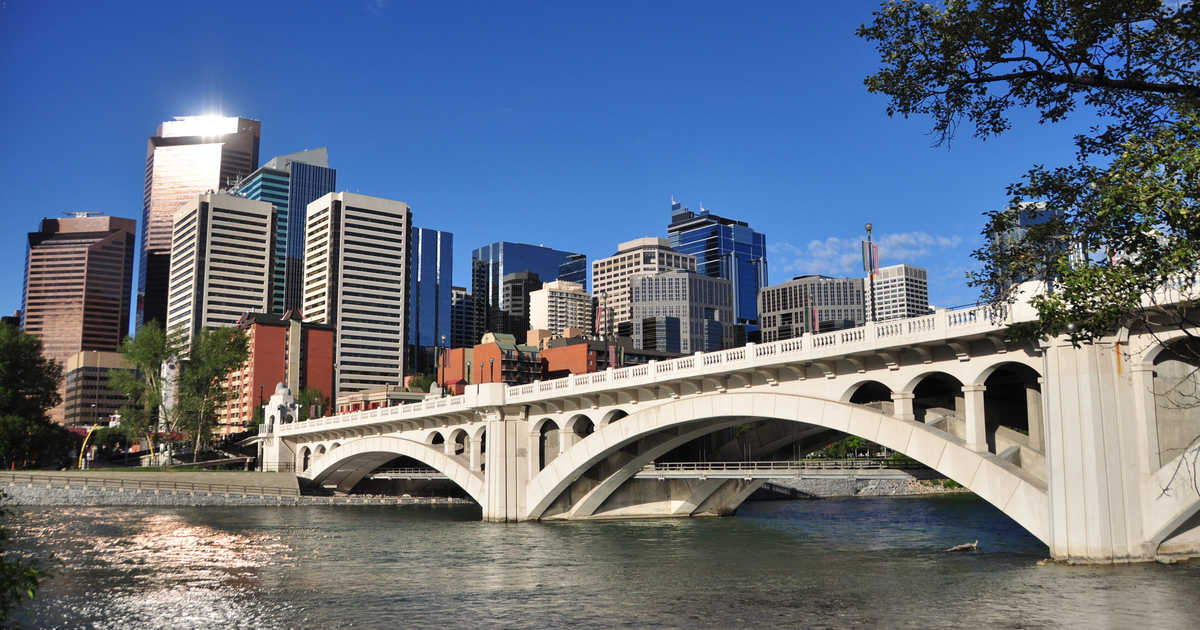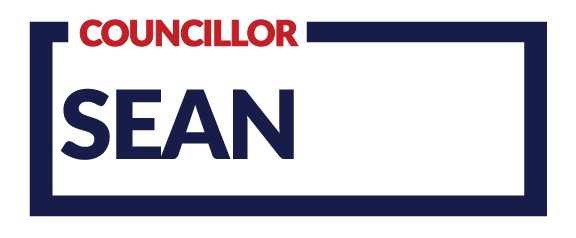Drought conditions persist for Calgary region
Recent drought monitoring data compiled by The City shows little drought relief from recent heavy snowfall in the Rocky Mountains. Low river flows and dry conditions are still persisting regionally throughout southern Alberta, emphasizing the need for everyone to do their part to conserve water.
Mountain snowpack data upstream from Calgary, which provides most of the runoff for the Bow and Elbow Rivers, has increased over the last several days, but continues to trend below average. March to April is typically when the mountains receive the most snow. The City continues to monitor conditions closely, while taking steps to prepare for the challenges that may be ahead this spring and summer.
“The recent snowfall in the mountains over the last week was a welcome change, but more precipitation is needed throughout the next few months to significantly improve drought conditions,” explains Nicole Newton, Manager of Natural Environment and Adaptation. “If we don’t get the snow and rain we need, outdoor water restrictions will come into effect as early as this spring to ensure there’s enough water to meet Calgary’s essential needs including water for drinking and fighting fires, as well as to support our neighbours and river health.”
Throughout the winter, Bow and Elbow River flows have generally remained below average. Total reservoir storage in the Bow watershed upstream from Calgary is also below average for this time of year. Within Calgary, water storage at the Glenmore Reservoir is slightly above historic norms, due largely in part to water conservation to date and upgrades completed in 2020, which nearly doubled the amount of water that could be stored.
Together, we can make every drop count
Newton urges that together, we can make every drop count during drought. Now is the time for all Calgarians to do their part, big or small, to conserve water and use it wisely.
Making small changes in our daily water use in the home can add up to make a difference. Washing only full loads in your laundry and dishwasher, turning off the tap while shaving or brushing your teeth, or taking shorter showers, can help a typical household save water, which saves money on their utility bill too.
As Calgarians look ahead to spring and plan their garden, they’re encouraged to prepare their yard for dry conditions. Adding mulch to gardens will help reduce evaporation and installing a rain barrel (or two!) will capture rainwater to use for watering gardens and plants. If you are planning new landscaping or gardening projects this year, use drought-tolerant native plants.
Businesses can also do their part to make a difference by making water efficient choices. Start by identifying essential and less essential water uses and seeing if there are potential water savings opportunities – from fixing leaks to installing water efficient fixtures.
For more details on drought conditions, as well as tips and resources to use water wisely visit calgary.ca/drought
-30-




